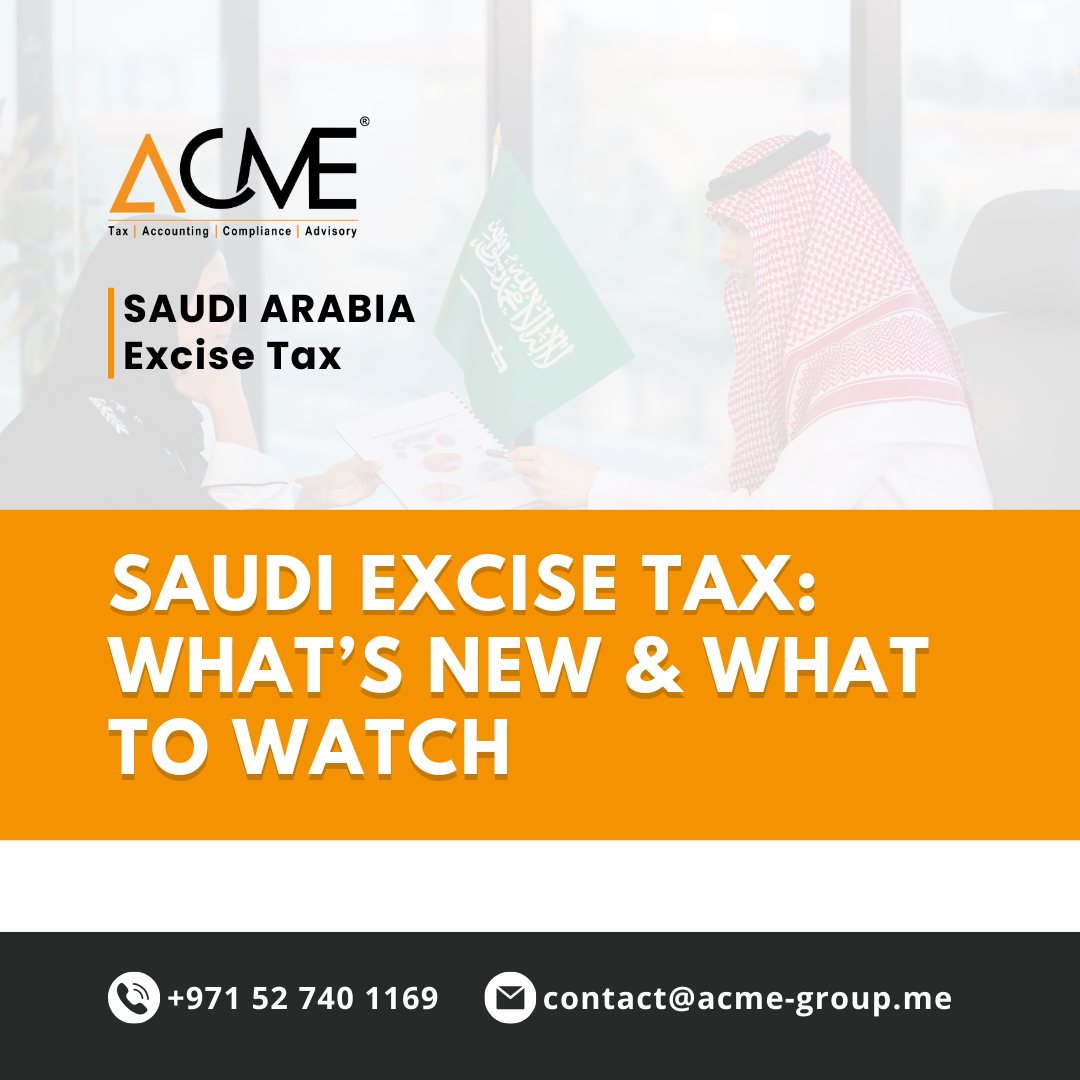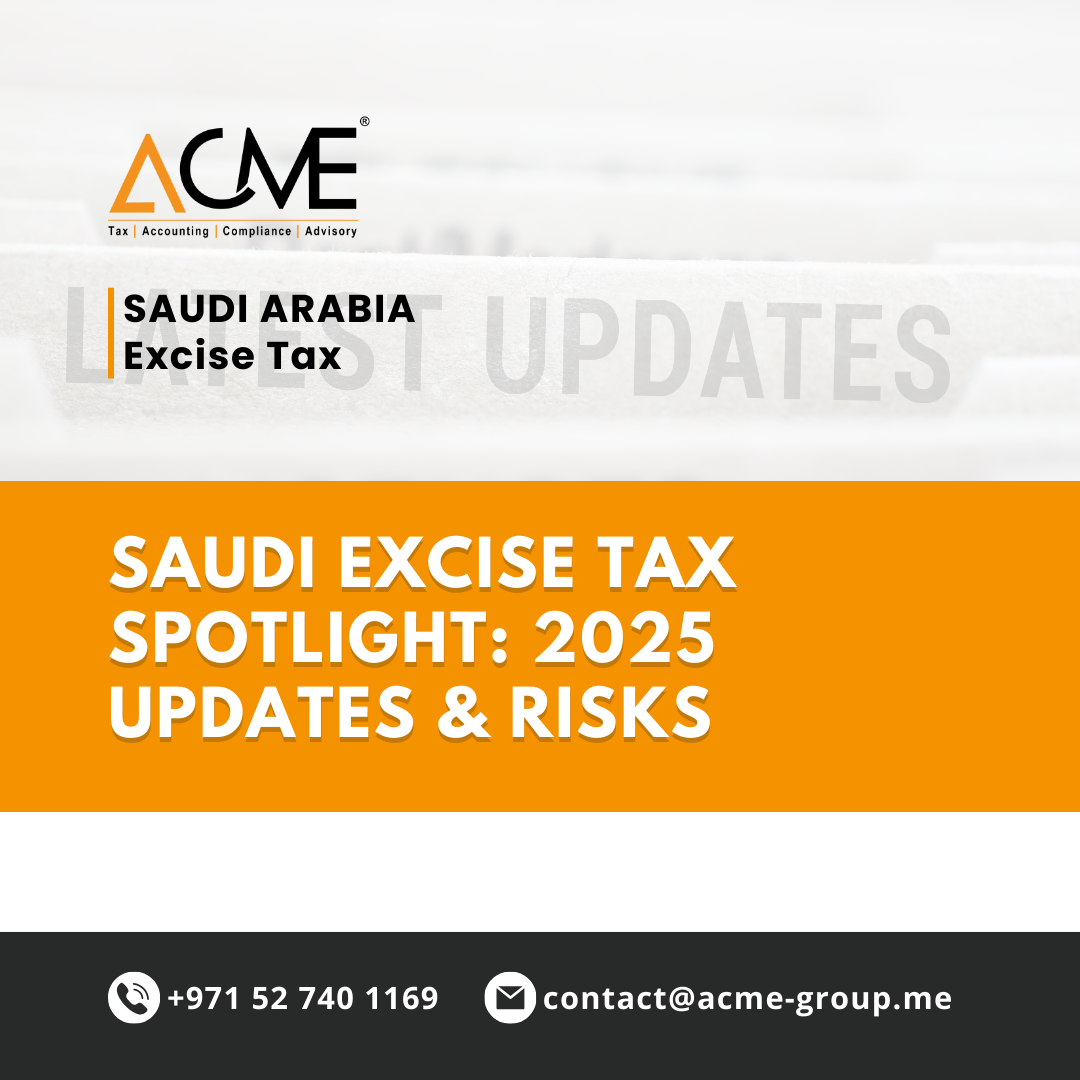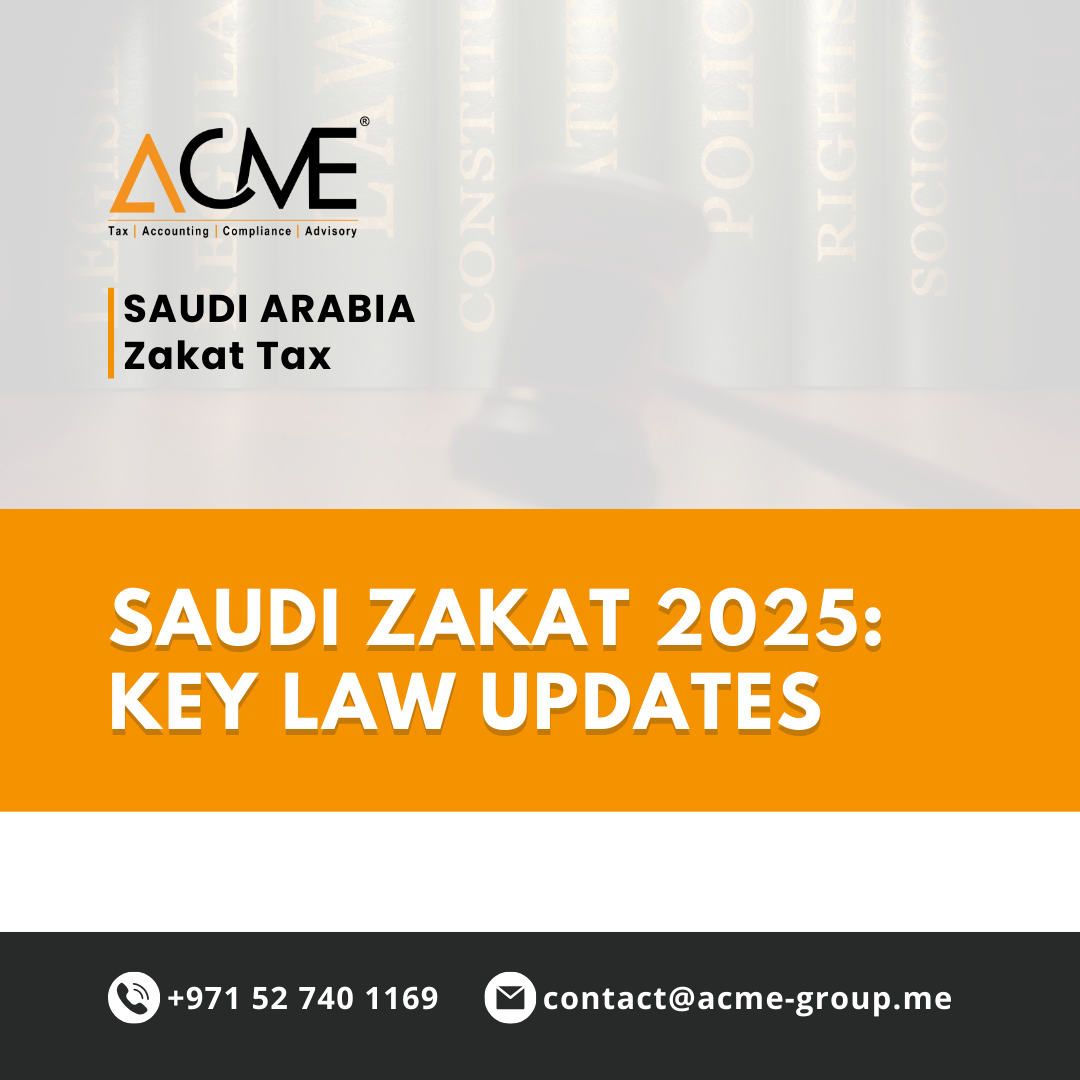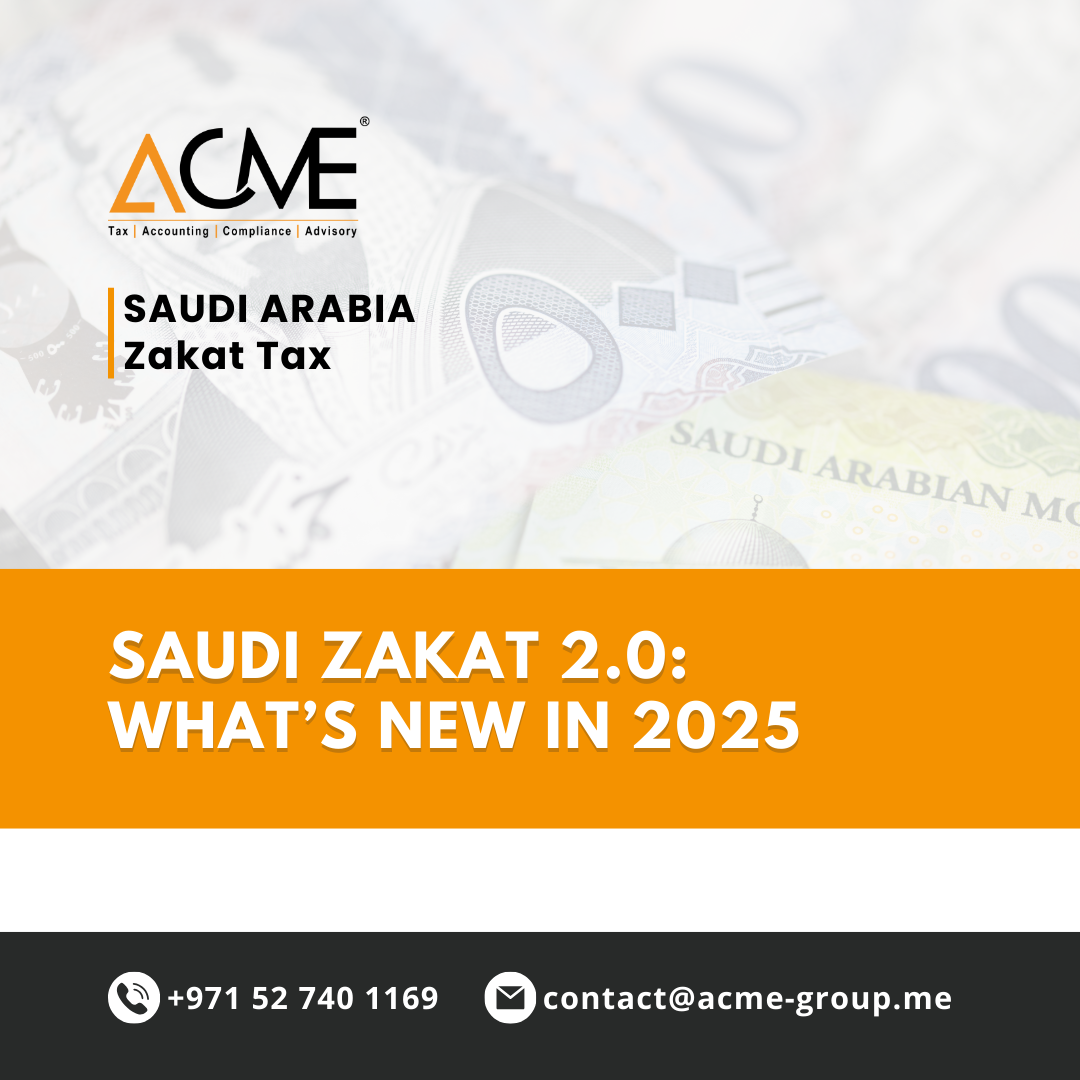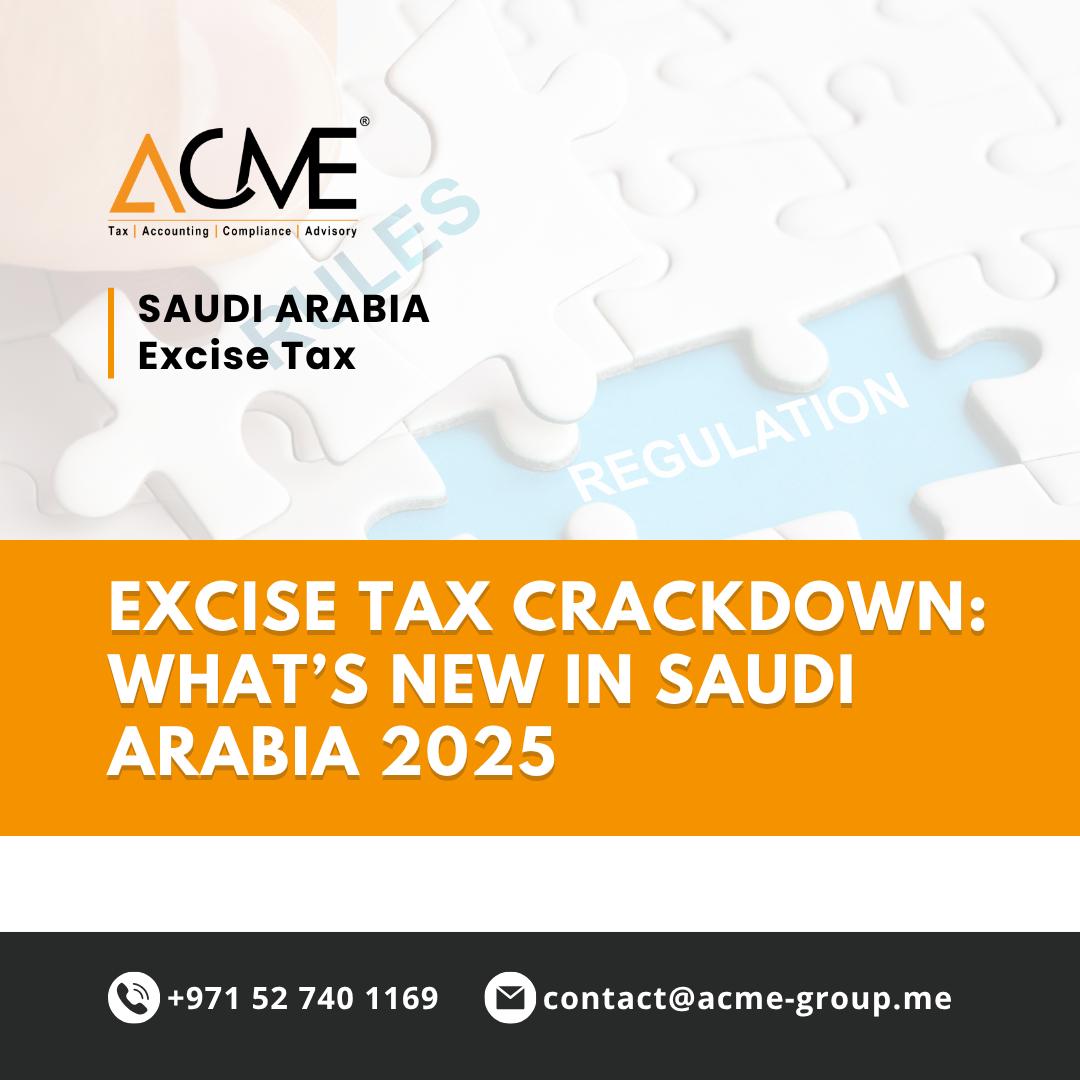In Qatar, businesses are subject to Corporate Tax regulations that aim to ensure fairness and transparency in the taxation system. As part of these regulations, Article 8 outlines several types of expenses and costs that are not deductible for tax purposes. It is crucial for business owners, financial officers, and tax professionals to be aware of these restrictions to ensure compliance and avoid costly errors. This article will break down the key provisions of Article 8 of the Qatar Corporate Tax Law, helping businesses navigate these complexities.
1. Expenses Incurred to Achieve Income Exempt from Tax
The first category of non-deductible expenses is those incurred to generate income that is exempt from tax. Businesses may invest resources into activities or income streams that are not subject to corporate tax. However, the costs related to generating such exempt income cannot be deducted from the business’s taxable income.
2. Amounts Paid in Violation of Qatari Laws
Any payment made in violation of Qatar’s legal framework is strictly non-deductible. This includes expenses incurred through illegal activities, bribery, or payments that breach any of Qatar’s laws and regulations. Such payments cannot be offset against taxable income and can lead to serious legal consequences, including penalties or criminal prosecution.
3. Fines and Penalties for Legal Violations
Expenses in the form of fines or penalties imposed on a business for violating the laws of Qatar are not deductible. This provision reinforces the principle that businesses should not benefit from tax deductions for actions that result in legal sanctions. Non-compliance with Qatari laws, such as failing to adhere to labor regulations or environmental laws, will carry financial consequences that cannot be offset against tax obligations.
4. Expenses Related to Recoverable Compensations Not Included in Gross Income
In cases where a business has expenses related to compensations that are recoverable, but those compensations were not included in the business’s gross income, such expenses will not be deductible. This ensures that businesses are not double-dipping by claiming deductions for costs that have not been factored into the taxable income.
5. Non-Deductible Entertainment and Hospitality Costs
Certain hospitality and entertainment expenses are limited in their deductibility. This includes costs related to entertainment, hotels, restaurant meals, vacations, club memberships, and customer gifts. The specific conditions and rates that apply to these expenses are detailed in the regulations. It’s important to note that only a portion of these costs may be deductible, depending on the situation, and businesses should adhere to the regulatory guidelines to avoid non-compliance.
6. Salaries, Wages, and Bonuses Paid to Certain Individuals
Salaries, wages, bonuses, and equivalent benefits paid to specific individuals are not deductible. This includes payments to business owners, their spouses and children, partners in general or limited partnerships, and managers of limited liability companies who directly or indirectly hold a majority of shares. These restrictions aim to prevent the deduction of personal income-related costs that are not truly business expenses.
7. Excessive Administrative and General Expenses
A business’s branch office cannot deduct its share of administrative and general expenses of the headquarters or main office that exceed the rates specified by the regulations. This provision ensures that only a reasonable allocation of such costs can be deducted, preventing businesses from inflating expenses and reducing taxable income unfairly.
8. Excessive Commissions to Foreign Agents
Commissions paid to foreign agents of a company are also subject to restrictions. If these commissions exceed the rates outlined in the regulations, they cannot be deducted. This ensures that businesses are not claiming inflated commission expenses and that the deductions remain in line with the arm’s length principle, which ensures fairness in transactions between related parties.
9. Other Non-Deductible Expenses as per Law or Regulation
Finally, Article 8 includes a catch-all provision that states that any other expenses deemed non-deductible according to the provisions of the Law or the Regulation will not be allowed as deductions. This ensures that businesses adhere to the overall framework and intent of Qatar’s corporate tax rules, and helps maintain consistency across various industries and business structures.
Conclusion
Article 8 of Qatar’s Corporate Tax Law serves as an essential guide for businesses to identify and manage their non-deductible expenses. By adhering to the guidelines outlined above, businesses can ensure they are in compliance with tax regulations, avoid costly penalties, and maintain accurate financial records. It is advisable for businesses to work closely with tax professionals to navigate these complex rules and optimize their tax planning while staying within the bounds of the law.
summary
Article 8 of Qatar’s Corporate Tax Law outlines several categories of non-deductible expenses for businesses. These include costs incurred to generate exempt income, illegal payments, fines and penalties, unrecoverable compensation-related expenses, excessive hospitality and entertainment costs, salaries and bonuses paid to certain individuals (e.g., owners and family members), excessive administrative expenses, and high commissions to foreign agents. Additionally, any other expenses deemed non-deductible by the law or regulations are also excluded. Understanding these restrictions is crucial for businesses to ensure compliance and avoid penalties.
Disclaimer: The Content offer general guidance and should not be considered legal, financial, or tax advice. Consult qualified professionals for personalized guidance. While efforts have been made to ensure accuracy, no guarantee is provided for completeness or applicability to individual situations. Users are responsible for their interpretation and actions based on this information, at their own risk.
For understanding more about Corporate Tax, VAT, Excise Tax, Financial Services, Advisory Services, reach out to us on: contact@acme-group.me | +971 52 740 1169
This article was published on 09 June 2025.
Related Posts
Saudi Excise Tax: What’s New & What to Watch
Key Points: ZATCA’s Implementing Regulations for excise tax (Resolution No. 9‑1‑17, as amended) define all the updated rules for excise goods in the …
Saudi Excise Tax Spotlight: 2025 Updates & Risks
Key Points: ZATCA’s excise‑tax regime applies to producers, exporters, and holders of excisable goods under suspension or transitional phases. Producers must file …
Saudi Zakat 2025: Key Law Updates
Key Points: ZATCA’s Implementing Regulation for Zakat Collection (MR 1007, 1445H) now applies to fiscal years starting 1 Jan 2024 and replaces …
Saudi Zakat 2.0: What’s New in 2025
Key Points: New Zakat regulation (MR 1007, 1445 H) applies for fiscal years starting on or after 1 Jan 2024. Calculation method …
Excise Tax Crackdown: What’s New in Saudi Arabia 2025
In 2025, Saudi Arabia’s Zakat, Tax and Customs Authority (ZATCA) introduced updates to the Excise Tax Implementing Regulations to enhance compliance monitoring …
Join our Newsletter!
Receive updates on the latest News, Events, Webinar and more.
Our Services
-
Tax ServicesTax Services
-
Financial ServicesFinancial Services
-
AdvisoryAdvisory
-
ComplianceCompliance
Explore More
-
About UsAbout Us
-
Privacy PolicyPrivacy Policy
-
Contact UsContact Us

